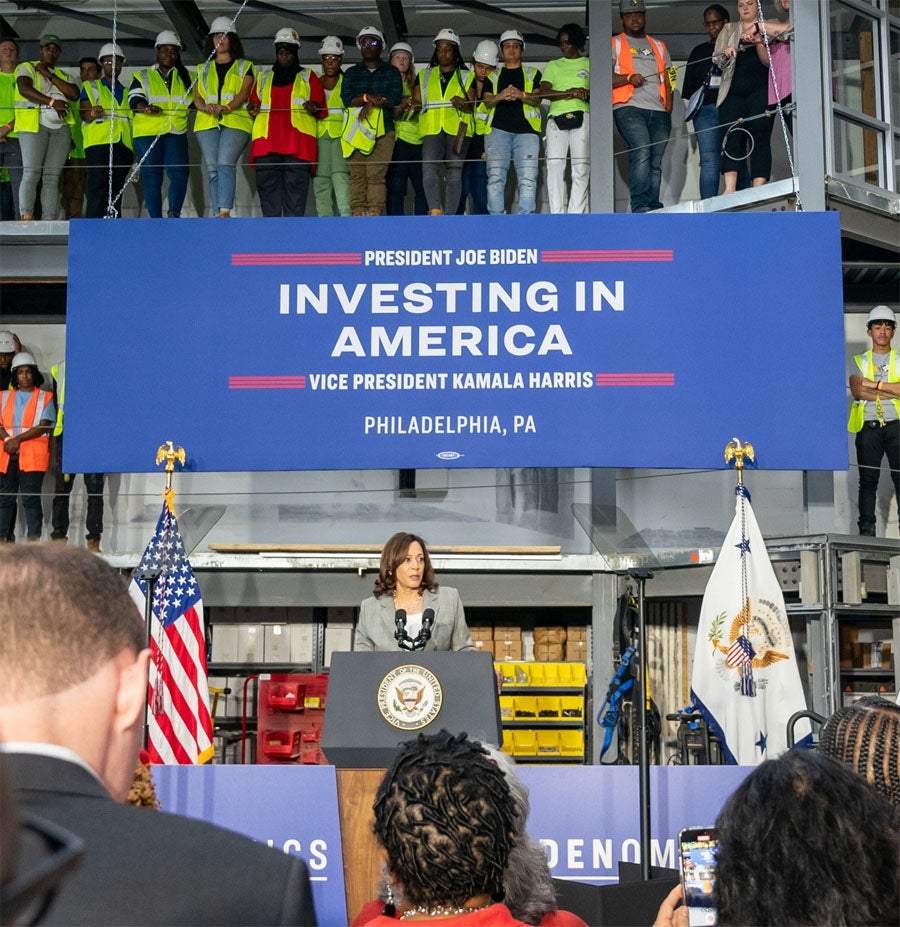Department of Labor Raises Wage Standards for Construction Workers

In August, the Department of Labor (DOL) announced the most comprehensive updates to the Davis-Bacon and Related Acts (DBRA) in 40 years. The final rule raises wage standards of construction workers by updating prevailing wage regulations issued under the DBRA, which require payment of locally prevailing wages and fringe benefits to more than one million construction workers delivering $200 billion of federally funded or assisted construction projects. The new Davis-Bacon prevailing wage regulations:
+ Restore DOL’s definition of “prevailing wage” used from 1935 to 1983. It makes the prevailing wage equivalent to the wage paid to at least 30% of workers, rather than 50% of workers, in a given trade in a locality. Prior to this definition, if the majority of workers in a given trade and locality did not earn a single wage rate, then the prevailing wage was determined by the average wage in a given trade in a locality. This average can pull down the prevailing wage if some employers pay low wages.
+ Make it easier to keep prevailing wages up to date, allowing them to keep up with wage growth. It provides broader authority to adopt state or local wage determinations when certain criteria are met, and the ability to issue supplemental rates for key job classifications when no survey data exists. + Update the regulatory language to better reflect modern construction practices. + Strengthen DOL enforcement by adding a new anti-retaliation provision in contract clauses to protect workers who raise concerns from being fired or punished. It also strengthens DOL’s ability to withhold money from a contractor in order to pay employees their lost wages.
Vice President Kamala Harris announced the final rule alongside Acting Secretary of Labor Julie Su in Philadelphia. “We must invest in the working people of America if we are to strengthen America’s economy,” remarked Vice President Harris.
“BAC applauds Acting Secretary of Labor Julie Su and the Biden Administration for moving forward with this final rule, and for continuing to put workers first,” said President Driscoll when the rule changes were released. “This action will protect local wage and benefit standards from unscrupulous employers, and ensure that construction workers, especially those in rural and less-affluent areas, are paid fair wages for their work.”
